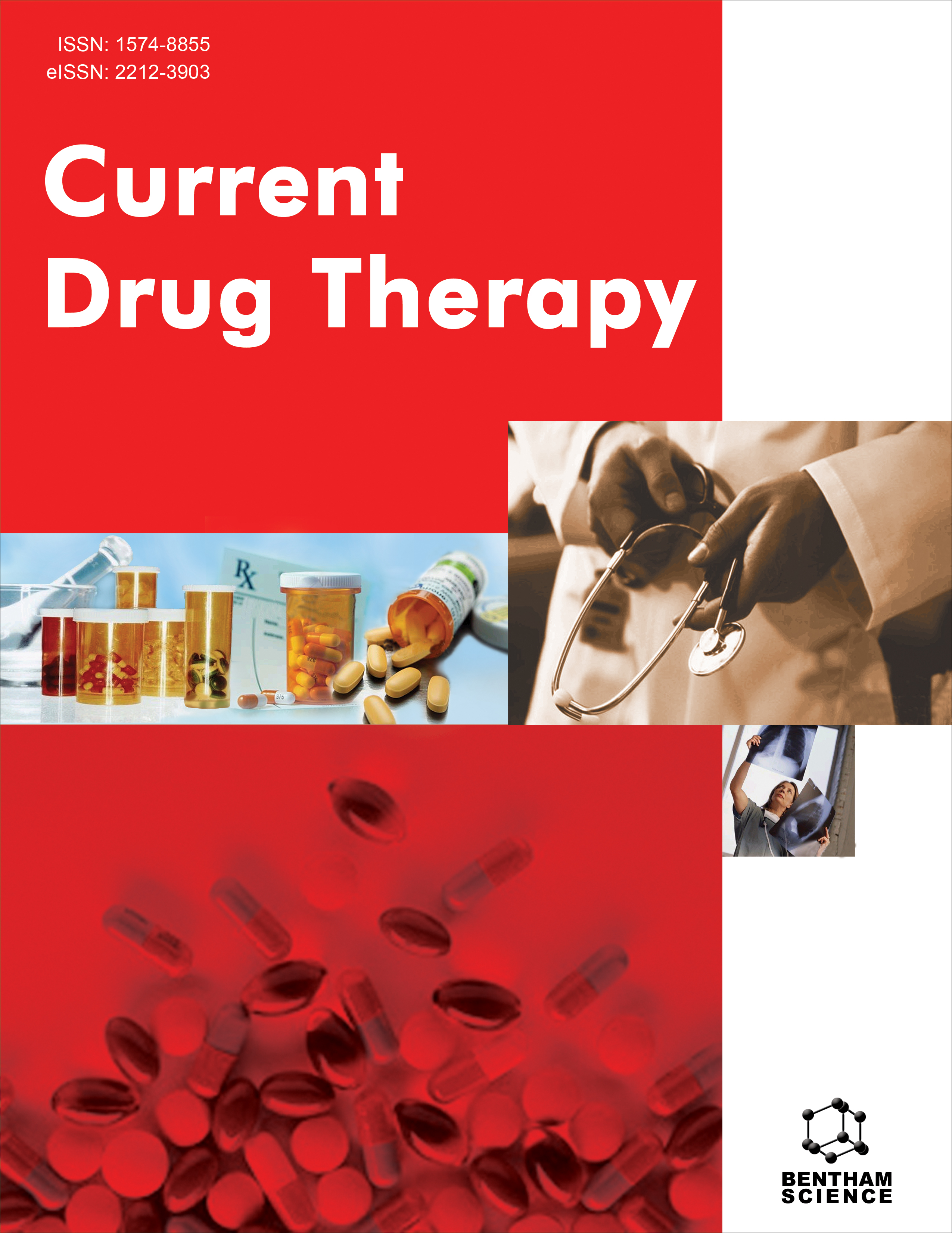
Full text loading...

Neurological disorders represent the most disabling and fatal conditions worldwide, with their impact disproportionately burdening low- and middle-income nations. The reticuloendothelial system (RES), also known as the mononuclear phagocyte system, plays a crucial role in various neurological disorders, as it contributes to neuroinflammation, disrupts the blood-brain barrier, and regulates the immune system. In this review, we discuss the multifaceted functions of Resident cells, such as microglia and macrophages, in neurodegenerative and neuroinflammatory diseases, including Alzheimer's disease, Parkinson's disease, multiple sclerosis, stroke, and traumatic brain injury. We emphasise recent multi-omics methods, including genomics, transcriptomics, and proteomics, which provide in-depth insights into the genetic and molecular mechanisms of RES dysregulation in the aforementioned diseases. Therapeutic strategies, such as nanoparticle-mediated drug delivery, immunomodulation, gene editing technologies, and artificial intelligence-based models, are also discussed for their therapeutic potential in targeting RES-resident cells. With the integration of systems biology and emerging therapeutic platforms, RES-targeted interventions hold promise for enabling novel clinical outcomes in the treatment of neurological diseases.

Article metrics loading...

Full text loading...
References


Data & Media loading...